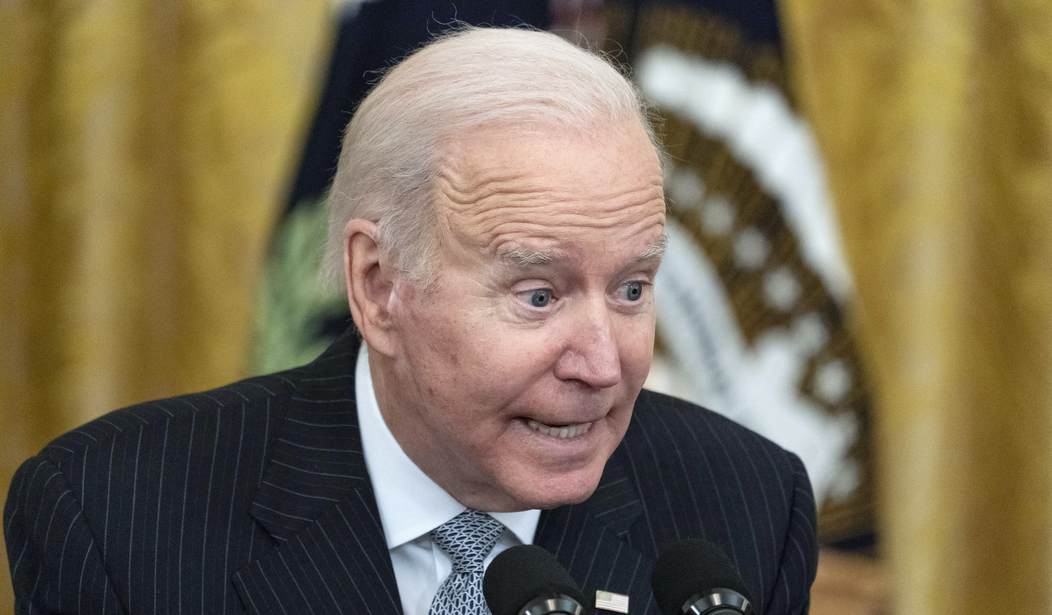Despite strong public support for the sanctions against Russia that were imposed by the United States and NATO, President Joe Biden’s poll numbers continue to drift downward. Seven in ten Americans express low confidence in his ability to deal with Russia’s invasion of Ukraine, and eight in ten believe gas prices are going higher and the war could eventually involve nuclear weapons.
The president’s overall approval declined to 40% after registering at 43% in January.
“What this poll says is that President Biden and Democrats are headed for a catastrophic election,” said Republican pollster Bill McInturff of Public Opinions Strategy, who conducted this survey with Democratic pollster Jeff Horwitt of Hart Research Associates.
The poll was conducted between March 18-22, before the president’s overseas trip, where he was to meet with NATO allies, visit with U.S. troops in Poland and deliver a major speech on Russia’s war in Ukraine.
Joe Biden is not getting the “Rally around the president” poll numbers that have almost always appeared when the United States gets involved in a military conflict. While there are no active-duty troops involved, the U.S. has taken a very visible role in combating Putin and his expansionist policies.
The erosion in Biden’s approval rating has been across the board among key demographic groups, including Black respondents (from 64 percent approve in January to 62 percent now), women (from 51 percent approve to 44 percent), Latinos (from 48 percent to 39 percent) and independents (36 percent to 32 percent).
“You cannot get down to the low 40s in presidential approval, unless you have strained your own base,” said McInturff, the GOP pollster.
The question on the minds of political analysts on both sides is how these low poll ratings — and the war in Ukraine — shake out in terms of the Midterm elections.
Rebecca Kleefisch, the Republican former lieutenant governor of Wisconsin who is challenging Democratic Gov. Tony Evers this year, said the war in Ukraine and the resulting rise in gas prices only amplified the economic concerns that she is asked about constantly on the campaign trail.
“I wouldn’t even say that I’m wrapping these issues into current events,” Kleefisch said. “Affordability is one of the key issues that people think about and talk about with me every single day. You have to remember that gas prices began rising significantly before the war in Ukraine even began.”
The Wisconsin race is one of a handful of governor’s races in battleground states in which Republicans are seizing on any and all Democratic environmental policy-related decisions to make the case that those Democrats bear at least some responsibility for rising gas prices.
No matter what happens in Ukraine — with the exception of a “hot war” breaking out between Russia and NATO — prices will continue to climb and shortages will begin to crop up. In that case, “leadership” becomes a very nebulous and unimportant thing. Biden can get strong marks for “leadership” but that won’t help him and his party if gas is over $5 bucks a gallon and bread is $10 a loaf.
Related: How Biden Is Talking Out of Both Sides of His Mouth on Inflation
It remains to be seen how much credit Biden would get for a successful termination of the war for Ukraine. The bottom line is that Biden and the Democrats are still in deep trouble no matter what scenario plays out in Ukraine.










Join the conversation as a VIP Member